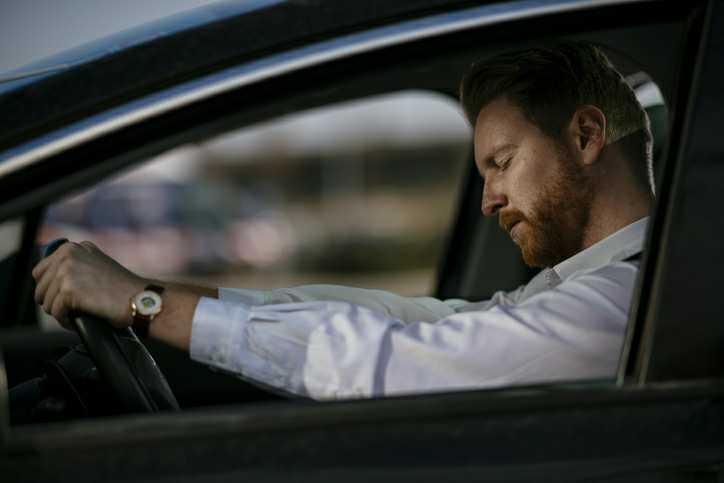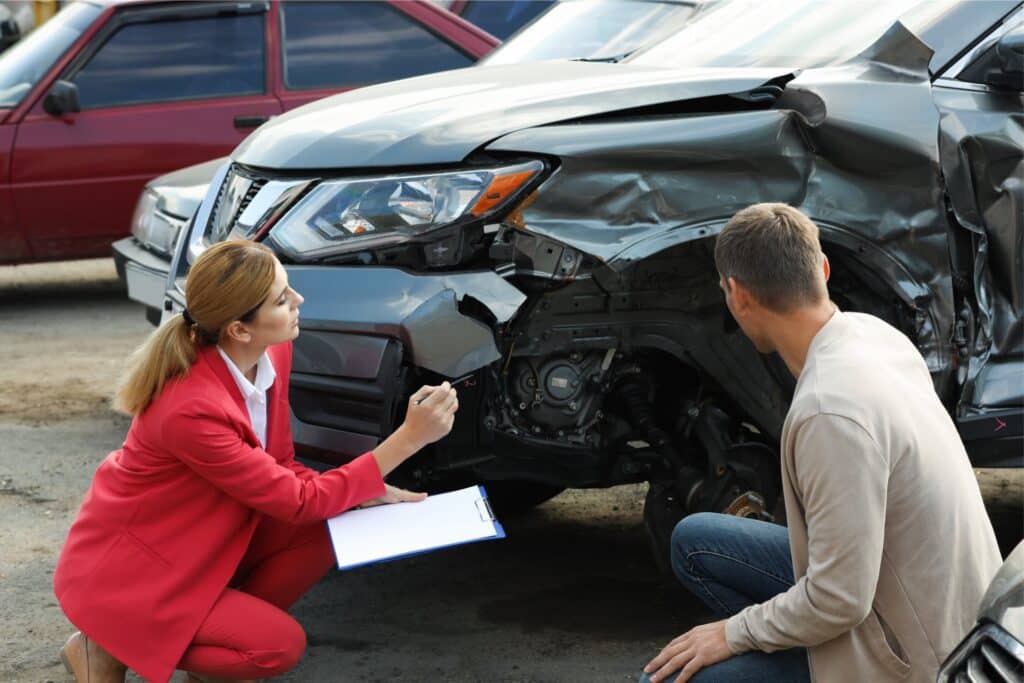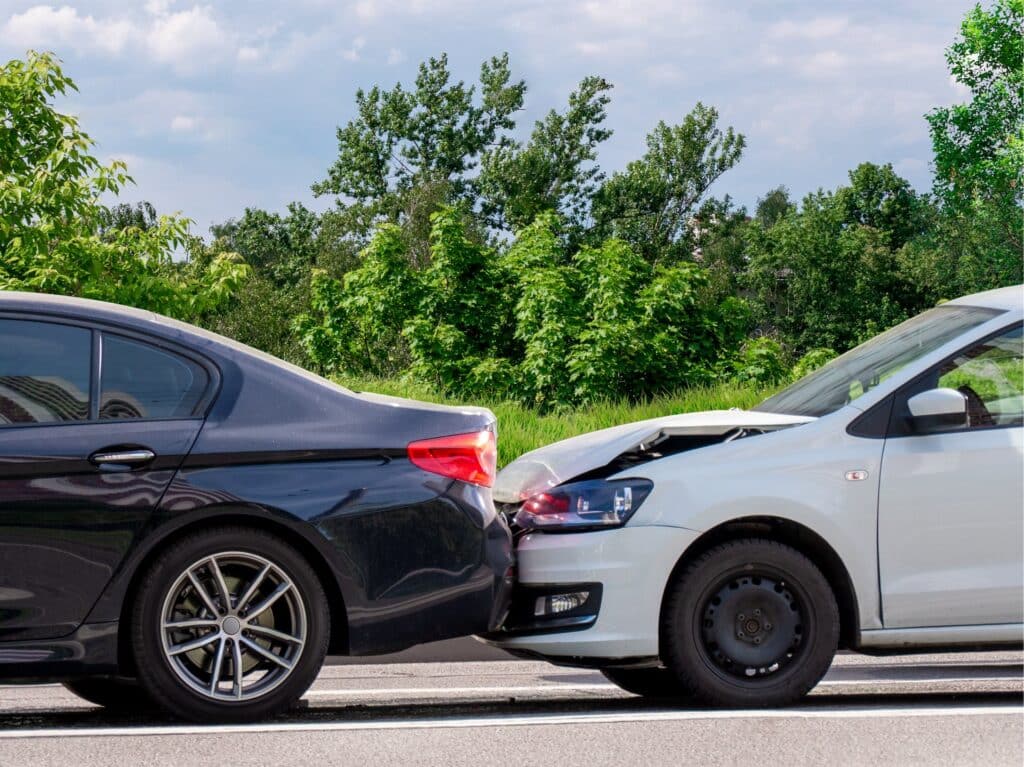
Many car accidents in Portland and throughout Oregon are caused by drowsy driving. When drivers don’t get enough sleep, their judgment is impacted and they have slower reaction times. As a result, they are at increased risk of causing an accident that leaves people seriously hurt.
Why are drivers so drowsy? There are many types of sleep disorders – often undiagnosed and untreated – that prevent people from getting enough sleep and interferes with their ability to properly function during the day.
Insomnia
There are different types of insomnia. People with sleep-onset insomnia have difficulty falling asleep. Those with sleep maintenance insomnia have difficulty staying asleep. Others have a mixture of both. Short-term insomnia lasts less than three months, while people who suffer symptoms at least three times a week for more than three months have chronic insomnia.
Sleep-Related Breathing Disorders
People with obstructive sleep apnea (OSA) have physiological factors that block the airway during sleep, causing them to wake up multiple times during the night. In people with central sleep apnea (CSA), they wake because the brain stops sending signal to muscles that regulate breathing. People with a sleep-related hyperventilation disorder have factors that interfere with ventilation, causing carbon dioxide levels in their blood to increase. Those with a sleep-related hypoxemia disorder have a condition that causes their blood oxygen levels to decrease.
Hypersomnolence Disorders
These disorders result in feelings of sleepiness and fatigue during the day. People with narcolepsy may involuntarily lapse into sleep during the day despite healthy sleeping schedules. Those with idiopathic hypersomnia also have these symptoms despite no known sleep disorders or preexisting conditions. Some people have a rare disorder called Kleine-Levin Syndrome, which leads to excessive sleep.
Sleep-Wake Disorders
People with sleep-wake phase disorder are unable to fall asleep and wake up at scheduled times. In irregular rhythm sleep-wake disorder, people have irregular episodes of sleeping and waking during the day. People with non-24 sleep-wake disorder have cycles of sleeping and waking that don’t follow a 24-hour schedule. People who work evening or nights may experience shift work sleep disorder. Others who pass through multiple time zones during a flight may experience jet lag.
Parasomnias
These are unusual behaviors that occur before sleep, during sleep or just before waking. They include confusional arousals in which people can’t completely wake up, sleepwalking, night terrors and sleep-related sexual abnormal behaviors.
Sleep-Related Movement Disorders
These involve abnormal movements during sleep that can result in sleepiness and fatigue during the day. These disorders include restless legs syndrome, periodic limb movements disorder and sleep-related bruxism (teeth grinding).
Having a sleep-related disorder does not excuse drowsy drivers when they cause an accident. They have a responsibility to realize they are in no condition to get behind the wheel. Drowsy drivers often don’t admit to a lack of sleep when they cause an accident, however. That’s why it’s important to get trusted legal advice.
If you were injured in a drowsy driving car accident in Portland or anywhere in Oregon, call the experienced attorneys at Zbinden & Curtis. We can review your legal options during a free consultation. Contact us today to learn more.
This entry was posted on Monday, September 28th, 2020 at 11:15 am and is filed under Car Accidents. You can follow any responses to this entry through the RSS 2.0 feed. You can leave a response, or trackback from your own site.
 Skip to content
Skip to content









